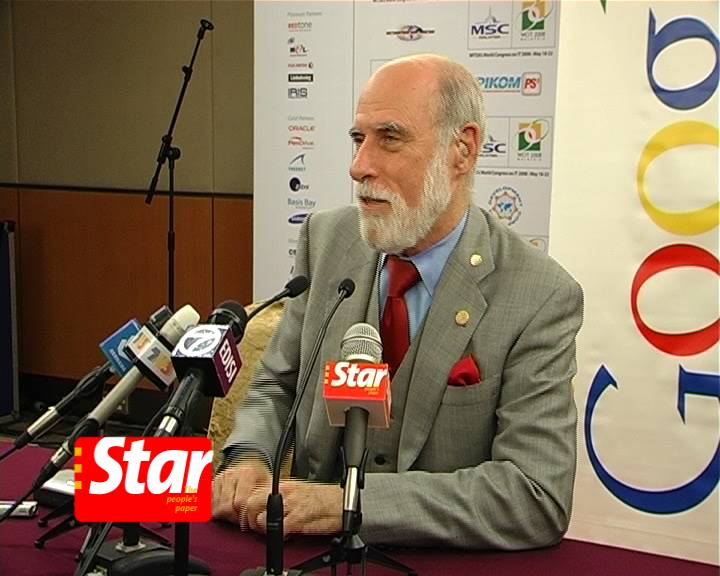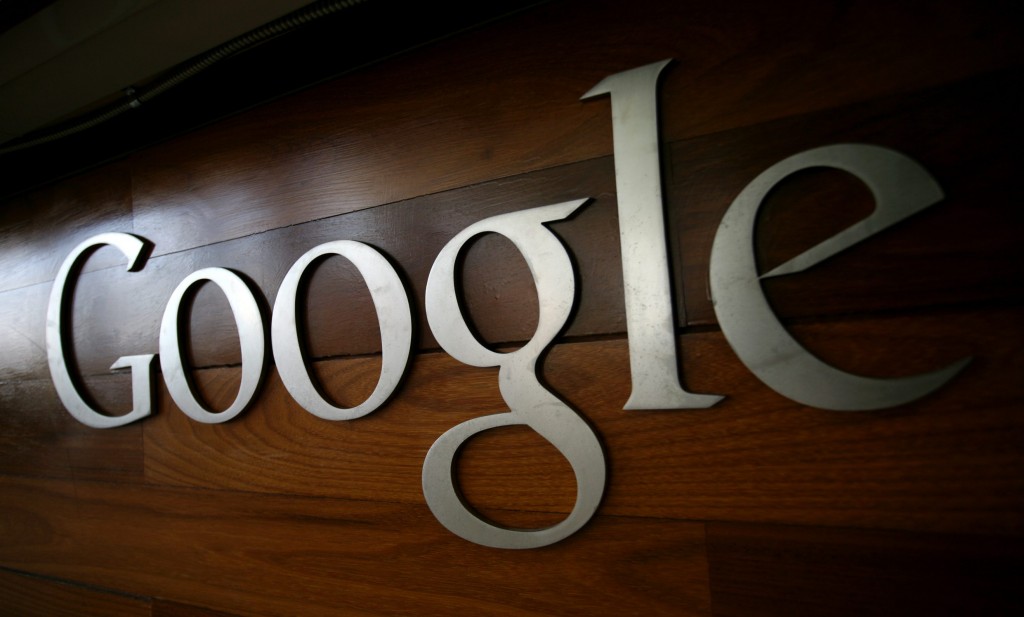JUST last week, Vinton Cerf got the interwebs abuzz with his article in the New York Times titled “The Internet is not a human right”.
Besides the sensational headline, the article was also fascinating because Cerf is one of the original architects of the Internet, back when it was used by only the military.
I’m not sure of his intentions for writing the article, but one could argue that a couple of things that happened in 2011 led to it.
The first is of course the massive protests that happened around the world – from the “revolutions” in the Middle East and North Africa to the Occupy movement.
Journalists, academics and the layman have spent the past 12 months debating the role the Internet, and social media specifically, played in the movement.
The digital determinist among us are more than happy to give social media all the credit. After all, there is no doubt that we are on the edge of a communication revolution and even after these few years, it still remains a buzzword.
Then there are the opponents to this idea, like writer Malcolm Gladwell who wrote, “The revolution will not be tweeted”. Those who share his sentiment claim that social media did not cause the revolutions, but instead only served as an enabler.
The arguments had escalated to the point where, as Cerf noted in his article, there are suggestion that the Internet should be a human right.
“The issue is particularly acute in countries whose governments clamped down on Internet access in an attempt to quell the protesters,” he wrote.
It was at this juncture, however, that Cerf made his point – “technology is an enabler of rights, not a right itself”.
In my opinion, he is absolutely right (no pun intended). My view is that technology affords communication and the dissemination of information, which in turn affords access to information, freedom of speech and education.
These three things, among others, are what I would consider human rights. If technology was to be a right in itself, then one could easily argue – within the same context – that radio frequency, telecommunication waves and satellite signals are human rights too.
The second thing is the introduction of the Stop Online Piracy Act (SOPA) in the United States.
According to popular technology site CNet, if passed, the act will allow “the US attorney general to seek a court order against the targeted offshore website that would, in turn, be served on Internet providers in an effort to make the target virtually disappear”.
In short, ISPs can be pressured to block off access to certain websites – ie censorship.
Naturally, the major supporters of the act are the entertainment industry, who claim to be victims of acts of online “piracy”. The bill is expected to come to a vote when the US Congress meets next.
However, CEOs representing major companies in the digital industries – like Google, Twitter, Mozilla, Yahoo! and Facebook – have come out to oppose it through an open letter.
Nowhere in the letter, however, do these CEOs claim that the Internet is a right.
Instead, they write that the act will allow the US government “to censor the web using techniques similar to those used in China, Malaysia and Iran” – which, I suppose, would infringe freedom to information via censorship.
They also claim that the act will “deny website owners the right to due process of law”, which infringes the right to a fair trial.
In his article, Cerf wrote: “The best way to characterize human rights is to identify the outcomes that we are trying to ensure. These include critical freedoms like freedom of speech and freedom of access to information – and those are not necessarily bound to any particular technology at any particular time.”
Cerf also noted that a larger issue has been overlooked amid this debate, and that is the “responsibility of technology creators themselves to support human and civil rights”.
He proposed that engineers take on a larger role in ensuring that technology continues to protect users and help them exercise their human rights.
I would like to take this one step further and suggest that it is not just the CEOs, technologist and even people like Cerf, who should take on this role.
We – the users – should as well.
In 2012, I hope that users will empower themselves more, through knowledge and practice, to ensure that nothing (and definitely not their own actions) compromises what amazing technologies we have that makes the world a better place.
* Niki is an MA Digital Culture and Society student at King’s College London. Read his jottings on digital culture at www.nikicheong.com or follow him on Twitter at www.twitter.com/nikicheong.




Tell us what you think!